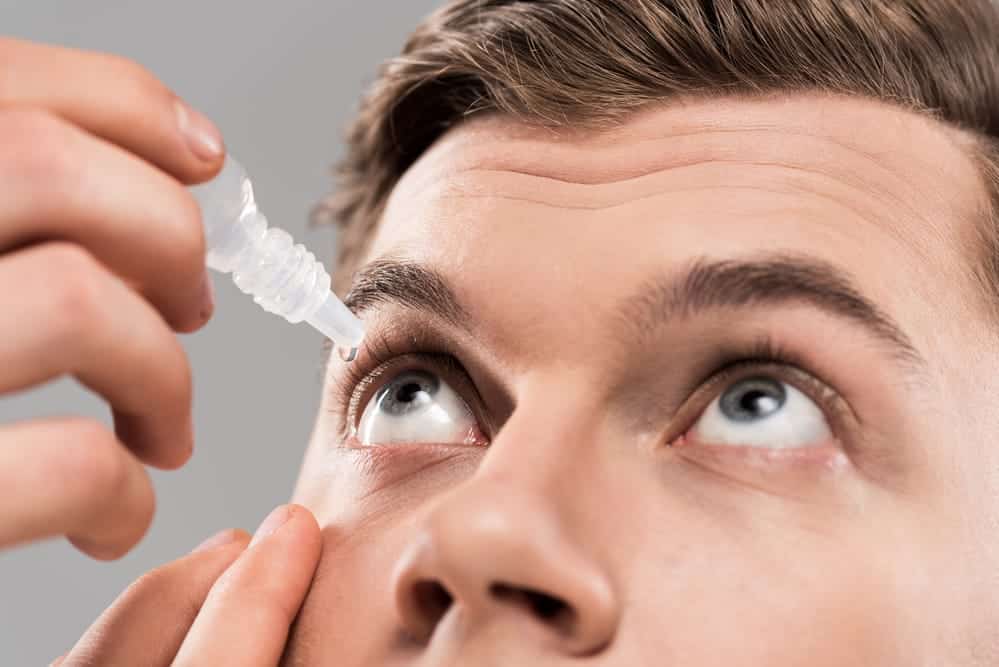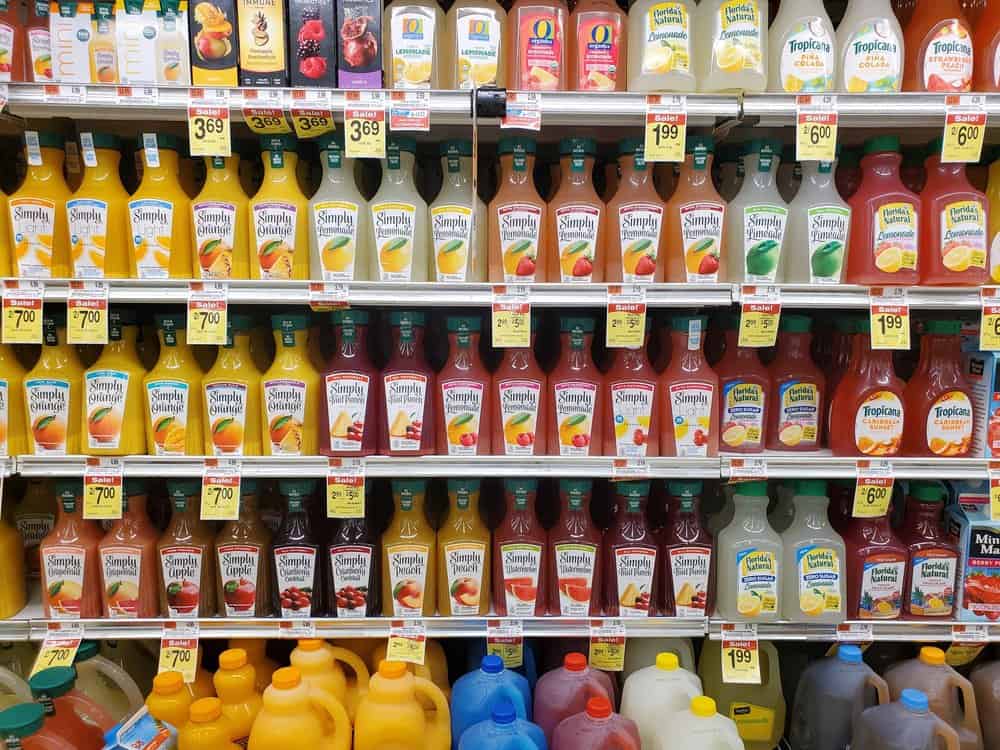If you have been using over-the-counter eye drops to relieve dryness or irritation, you may want to check the label carefully. The Food and Drug Administration (FDA) has warned consumers and health care practitioners not to purchase and to immediately stop using EzriCare Artificial Tears or Delsam Pharma’s Artificial Tears due to potential bacterial contamination.
According to the FDA, these products are manufactured by Global Pharma Healthcare Private Limited, a company based in India, and are intended to be sterile. However, they have been linked to a multistate outbreak involving a rare, extensively drug-resistant strain of Pseudomonas aeruginosa bacteria. This type of bacterium can cause serious eye infections that could result in blindness or death.
The Centers for Disease Control and Prevention (CDC) has identified at least 55 people in 12 states with infections that have been traced back to the use of EzriCare Artificial Tears.
Among them, 11 developed eye infections, at least three of whom were blinded in one eye. Others had respiratory infections or urinary tract infections. One person died when the bacterium entered the bloodstream.
The CDC first alerted the public to the potential danger on Jan. 20, 2023, and recommended consumers stop using EzriCare Artificial Tears pending further investigation.
On Feb. 2, 2023, Global Pharma initiated a voluntary recall at the consumer level of all unexpired lots of EzriCare Artificial Tears and Delsam Pharma’s Artificial Tears. The FDA also placed Global Pharma on import alert for violating current good manufacturing practice (CGMP) requirements and for providing an inadequate response to a records request. The import alert prevents these products from entering the United States.
The FDA advises consumers who have purchased these products to discard them immediately and contact their healthcare provider if they have any signs or symptoms of an eye infection. These may include redness, pain, swelling, discharge, blurred vision, or sensitivity to light.
Consumers can also report any adverse events or quality problems with these products to FDA’s MedWatch Adverse Event Reporting program online at MedWatch; or by downloading and completing a form and then submitting it via fax at 1-800-FDA-0178.
While artificial tears are generally considered safe and effective for relieving dry eyes caused by various factors such as aging, contact lenses, or environmental conditions, they should not be used without consulting a doctor if you have an eye condition or infection.
Artificial tears come in different types and formulations depending on their ingredients and preservatives. Some are labeled as preservative-free because they contain no added chemicals that could irritate sensitive eyes or cause allergic reactions.
However, this does not mean they are sterile or free from contamination risks. In fact, some experts suggest that preservative-free products may be more prone to microbial growth because they lack antimicrobial agents.
Consumers should always follow proper hygiene practices when using artificial tears, such as washing hands before applying them; avoiding touching the tip of the bottle; replacing the cap after each use; storing them away from heat and light; discarding them after their expiration date; and never sharing them with others.
For more information about artificial tears or other eye care products, please visit the FDA’s website.



